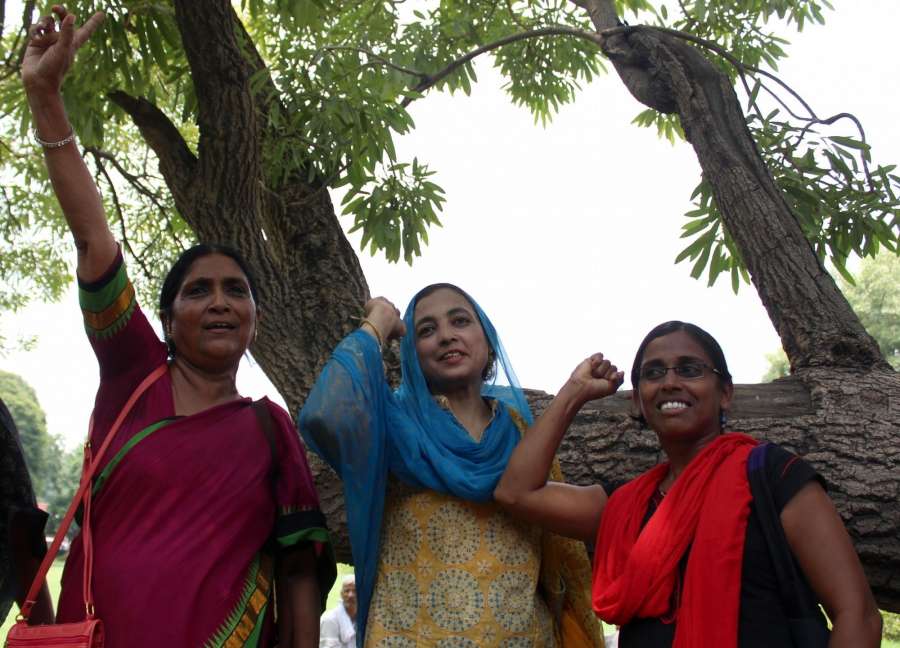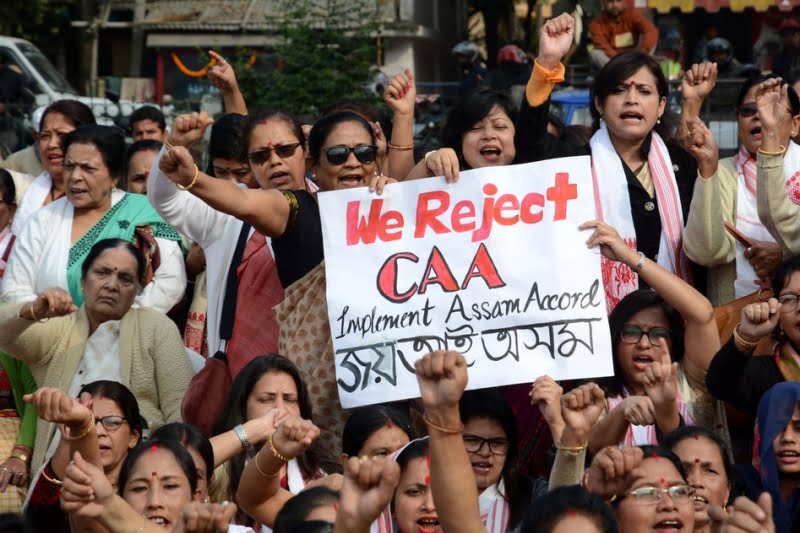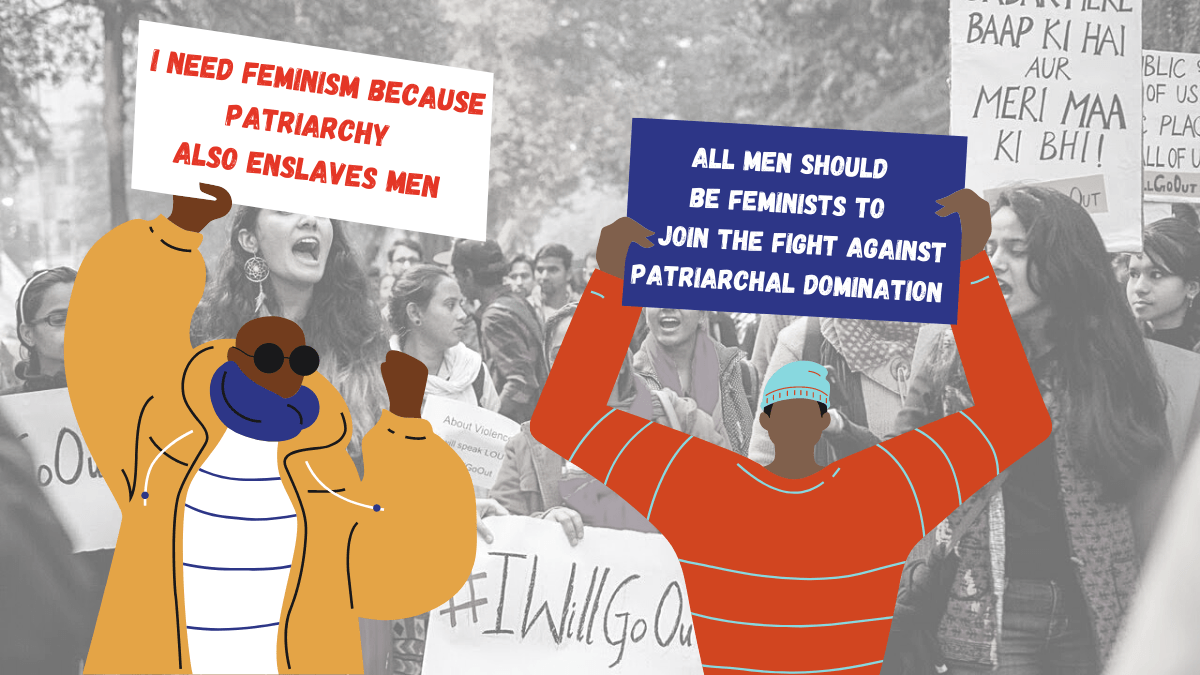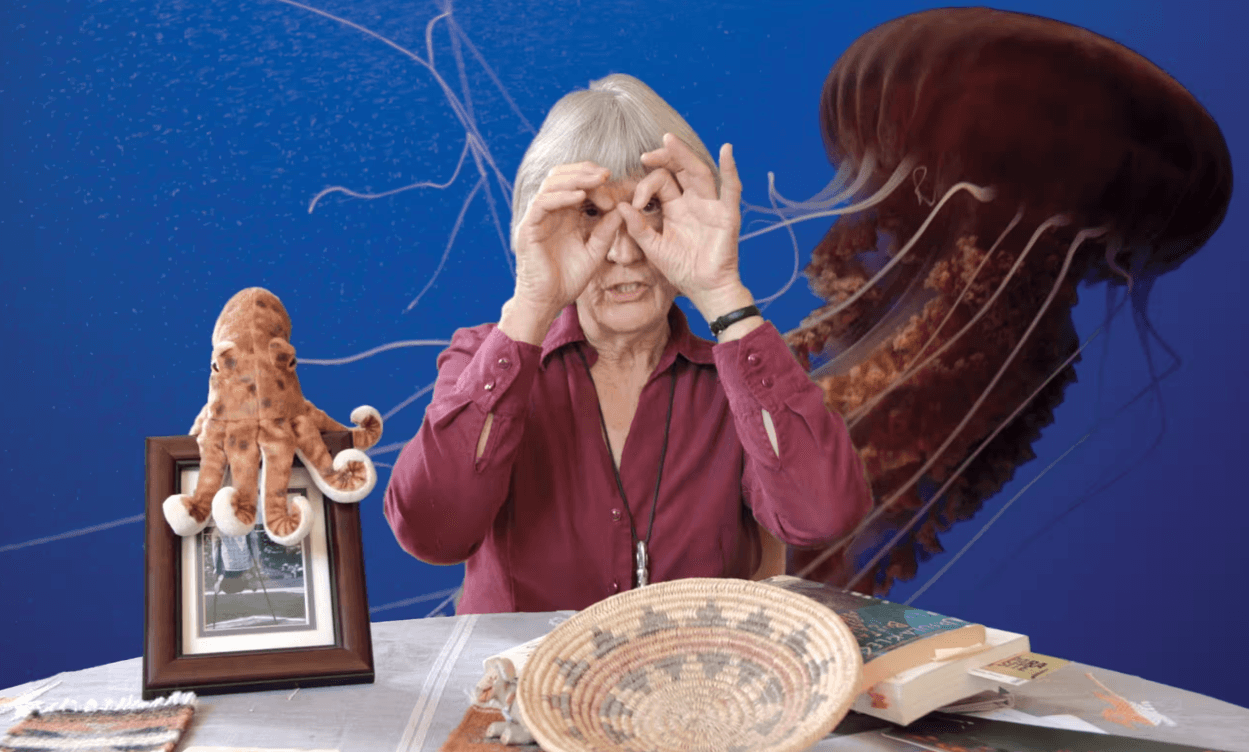Posted By As’ad Shah
The Indian Feminist Movement has been a remarkable effort that has taken charge of advocating gender issues and empowering women’s voices for many years. The most essential part of this movement is that it has brought in the issues of everyone, irrespective of caste, class, sexuality or gender. The emergence of different voices introduced a range of iconic feminist movements that helped in expanding its horizon and carry forward an in-depth study about gender issues. It also became an academic arsenal, which we all know as Gender Studies or Women’s Studies which led to specialisation of topics that were never discussed before in the world of academia. It provided new perspectives on major themes such as women’s issues, gender, sexuality, and caste, to name a few that have had a significant impact and role to play in our society.

The Towards Equality Report of 1974 proved instrumental in bringing these issues to the vanguard emphasizing women’s downtrodden conditions in the sectors of societal status, employment, health, and political participation. This report led to the formation of the first Centre for Women’s Studies in SNDT University, Mumbai and from there on, to many other universities. These centres for Women’s Studies have initiated the feminist intervention in academia and created “domains where knowledge is self-reflexively.”
Unlearning Patriarchal Order: A Journey of Reflexivity and Introspection
My first idea of doing my M.A programme in Women’s Studies was out of curiosity as to what it has to offer. My decision to take up this course was met with sheer anguish and filled with total mockery. Some ridiculed me for choosing a ‘girly course,’ furthering a stereotype that a ‘Women’s Studies’ course is designed and formulated only for women. Some commented on how ‘smart’ it was of me to do a course that would help further my love life – after all, I was studying about how women think and what they want! Others compared it to a ‘Home Science course’ for men, not seeing the terrible irony of their comment. Needless to say, I forged ahead.
Some ridiculed me for choosing a ‘girly course,’ furthering a stereotype that a ‘Women’s Studies’ course is designed and formulated only for women. Some commented on how ‘smart’ it was of me to do a course that would help further my love life – after all, I was studying about how women think and what they want!
One of the concepts I found fascinating was the all-pervasive power structure of patriarchy—the understanding that as a man, I was part of a system that reduced and segregated women as ‘the other.’ I learned about how there are different patriarchal perspectives towards women’s role and how these perspectives govern the mobility of women with full authority. Learning about the different waves of feminism brought into my world the understanding that various issues have existed and been fought for by women over the decades – issues that have never been a part of regular discourse. In this patriarchal society, the prevalent notion is that the entire feminist movement is only restricted to the ‘sexual’ liberation’ of women. My interactions with peers and professors shone the light on different aspects of feminist discourse, introducing me to an egalitarian feminist way of life.

In many ways, my course has been as responsible for my unlearning as it was for my learning. Though I have always had a knack for critically evaluating issues, the understanding of feminism and gender has made me more sensible and sensitive towards gender concerns. Studying and attempting to embody the principles of feminism have helped me develop a greater sense of critical and rational thinking needed to see the issues and overall societal development taking place. It has certainly driven my attention towards the issues of marginalised communities and the larger implications they face in the society.
The Quest for Space within Indian Feminist Movement
While I had many positively impactful moments, my journey has not been without a few raised eyebrows and some tough questions. I often stumbled with the fact that how does a man, who tries to understand feminism and wishes to contribute towards enhancing the movement, be cautious of not taking appropriative/authorial roles, yet having their own agency in articulating their standpoint and exhibiting feminist concerns? I spent a lot of time reflecting on whether women’s movement dedicated to studying the problems of a specific marginalised group i.e. women could ever actually make space for men, especially those who belong to a socially marginalised community? They say honesty without some tactfulness is merely cruelty; what then is the quest of equality without some sensitivity?
Women’s Studies concerns itself with gender equality, the empowerment of women, and the eradication of patriarchy. I pondered on the questions about encouraging the participation of men whose privilege seemed to extend from the structure of patriarchy into the feminist movement.
I often stumbled with the fact that how does a man, who tries to understand feminism and wishes to contribute towards enhancing the movement, be cautious of not taking appropriative/authorial roles, yet having their own agency in articulating their standpoint and exhibiting feminist concerns?
Men’s Participation in the Indian Feminist Movement
While the notion that the domains of feminist research and intellectual studies as a predominantly women’s space persisted, it could not be denied that the participation and solidarity shown by men who identified with the cause, especially from those who belong to the marginalised communities, was an added advantage. While men would initially be consumers of the ocean of feminist knowledge, it would be in an attempt to connect this theoretical understanding with real-life practices and developing feminist insights as an organic component of their/our approach.

In my experience, men who become a part of this movement tend to play a pivotal role in destabilising hyper and toxic masculinity. And since studying masculinity is an important aspect in the feminist academia, it is of utmost importance for men to be included in this quest. This brings up the question of why would men be a part of a movement which tries to dismantle the system of patriarchy from which they get their privileges? Why would they want to stop being beneficiaries of a system in which their position is so firm and controlling? What would encourage men to undertake such struggles and become active allies in the feminist movement?
Also read: Infographic: How Can Men Be A Part of The Feminist Movement?
Over a period of time, women’s concerns of choice, consent, agency, bodily autonomy and sexual freedom have broadened to include the call for creating a space for intersectional issues that affect other marginalised communities. Today, feminist academia focuses on the overlapping issues of increasing inequality and rapidly rising fascism, and the need for broader inclusion based on political, economic, social and cultural factors which we now call it as ‘intersectionality’.

News stories reporting the lynching of Muslims and Dalits across the country have been growing at alarming rates. The everyday nature of such incidents and the costs of the systemic injustice and atrocities has greatly impacted on the Indian feminist agenda too. The toxic masculinity that perpetuates violence against women also plays a role in perpetuating communal violence, corruption, and lynching of men from marginalised communities. It would be a grave oversight to say that only women pay the cost of patriarchy; men from marginalised communities bear this burden too. Vengeful minds in our hyper/toxic masculinised society create dangerous consequences.
The ongoing brutality in society has caused many men like me, particularly from socially marginalised communities, to question the power structure of patriarchy and the role it is playing in decaying our social fabric. I believe this is where the feminist movement plays a vital role by creating space for men’s participation. The onus of dismantling patriarchy should be shared. Working towards greater gender sensitivity and eroding patriarchal institutions that prey on women as well as men from marginalised communities would benefit all parties involved.
As a person for whom feminism has been a major part of their formal intellectual training and coming from the socially marginalised Muslim community, my vulnerabilities and social positioning ease up a little because I am associated with a movement that advocates the rights of marginalised sections of the society.
By engaging in feminist critique of the issues that affect us, men can offer their standpoint, while the understanding of the feminist standpoint and strategies would make them less vulnerable in an intersectional oppressive society. As a person for whom feminism has been a major part of their formal intellectual training and coming from the socially marginalised Muslim community, my vulnerabilities and social positioning ease up a little because I am associated with a movement that advocates the rights of marginalised sections of the society.
Men’s Participation: A Matter of Extending Privilege Within the Feminist Movement?
A discussion on whether the Women’s Reservation Bill should be passed was held at a roundtable women leaders’ meeting that I attended. The common consensus amongst the women present was that the bill should not be passed, and that women should have faith in their own abilities and enter active politics without any reservation. My colleagues and I found this consensus rather uninformed and shocking. In response, my female colleagues argued for the Bill, vehemently stating that not passing it would be a mistake.
At the end of the discussion, I raised the same point – that the Bill for reservations was not a concession – and much to my surprise, I was applauded for being a man who was pro women’s concerns. This made me question the internalised patriarchy that had perhaps caused them to consider my opinion more valuable than the same points being put forward by my female colleagues.
I have now managed to entertain the possibility of men enjoying certain entitlements and privileges within the Indian feminist movement. I will not deny the concern I feel at the thought of men with authoritarian tendencies appropriating women’s issues. But if these concerns cause the withdrawal of feminist knowledge and learning systems, the way will be paved for a purely masculine articulation of theories that are not tempered with intersectional understanding and feminist concerns. In my opinion, this would create a bigger and more daunting problem.
The beauty that I discovered in the course of women’s studies lies in its potential of engaging everyone – men and women – in feminist critique and putting principles to practice. Men who study the courses of Women’s Studies are well-placed to engage with the issues of a hyper/toxic masculinised patriarchal society and work towards the eradication of toxic masculinity more intelligently. Awakening sensitivity within men who are primed as erstwhile beneficiaries to defeat the power structure from within is a game changer.
Also read: What Has The Feminist Movement Got To Do With Food?
Having more men holding themselves accountable for their conduct, as well as the behavior patterns around them is a desirable situation. Personally, my feminism is not evident only in what I write about or the research ideas I bring to the table, it is also about dealing and eliminating any patriarchal ideas that continue to exist within me – with sensitivity and sensibility.
As’ad Shah is an Interdisciplinary Researcher and Development Worker whose interest lies in the field of Gender Issues, Masculinity Studies and the issues of Minorities in India. In his leisure, you will find him engrossed in cooking Biryani and talking about Politics with 90’s playlist in the background. You can connect him on Instagram.
Featured Image Source: Feminism In India
About the author(s)
As’ad Shah is an Interdisciplinary Researcher and Development Worker whose interest lies in the field of Gender Issues, Masculinity Studies and the issues of Minorities in India. In his leisure, you will find him engrossed in cooking Biryani and talking about Politics with 90’s playlist in the background.




